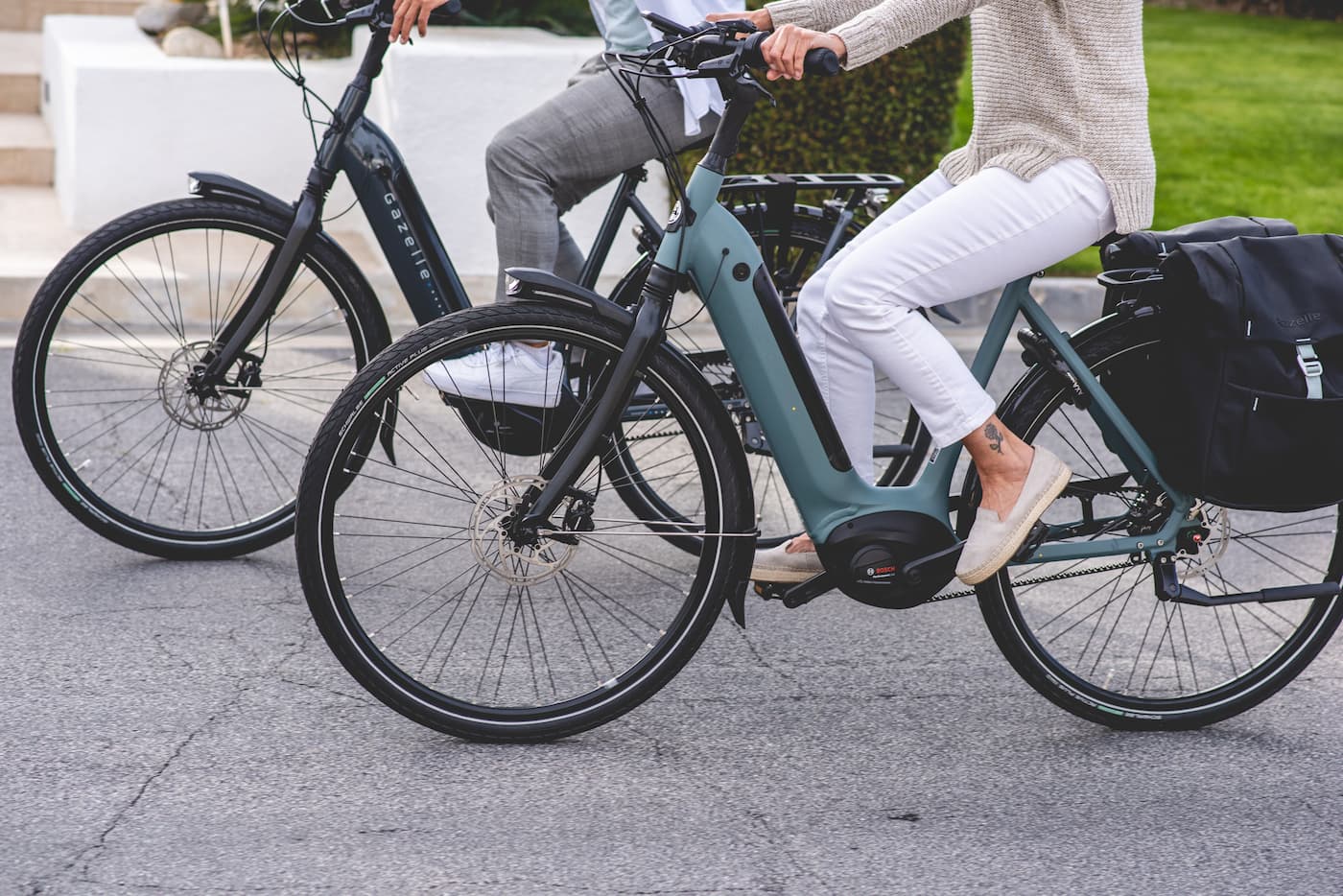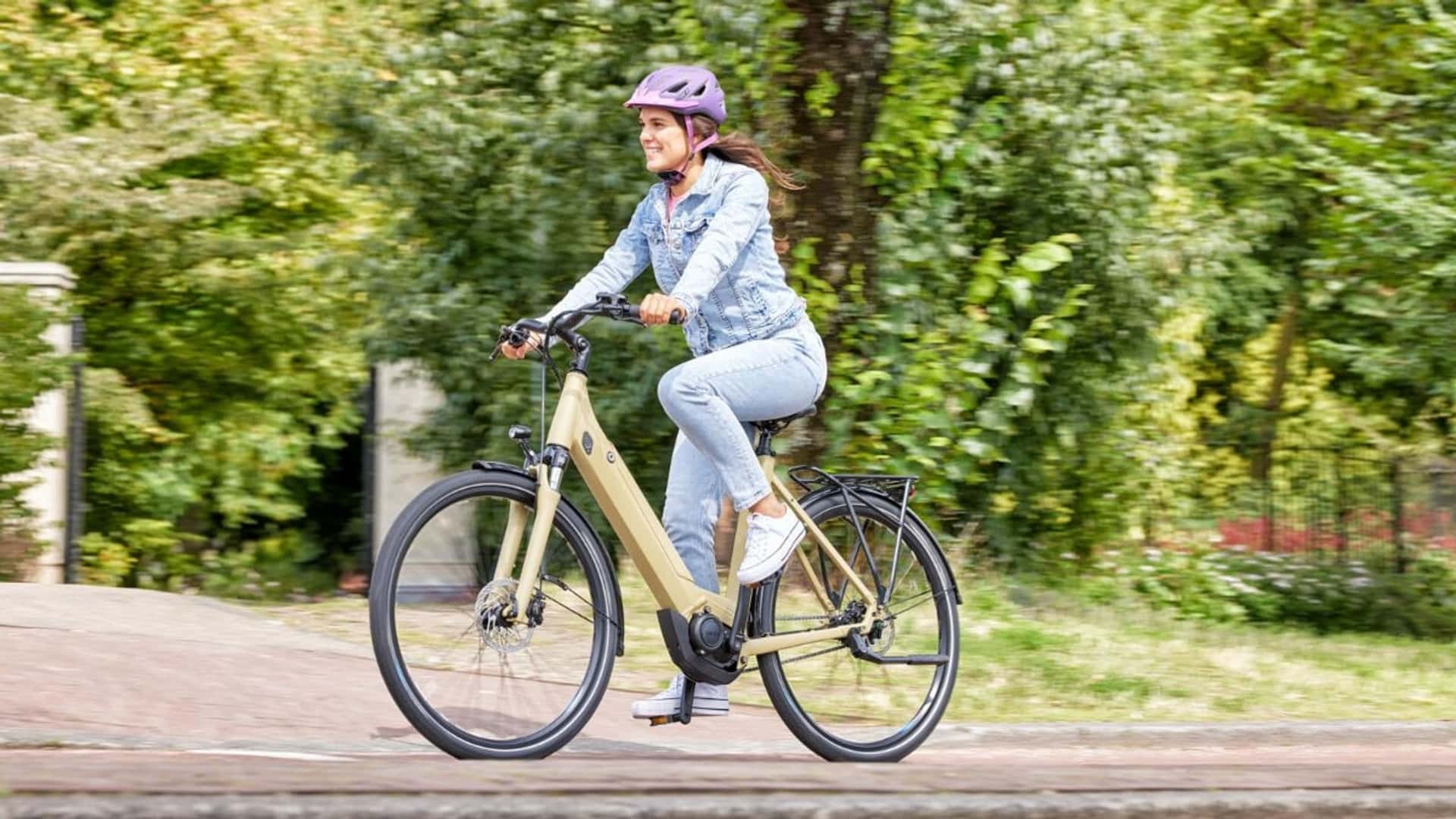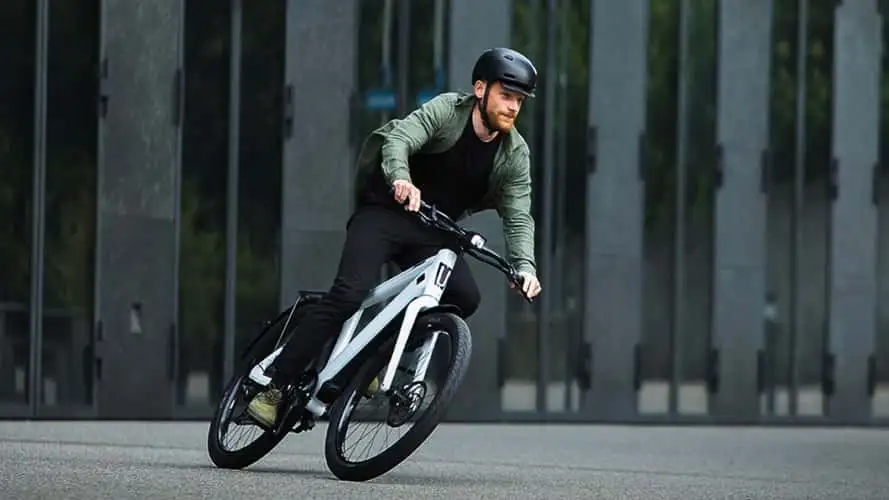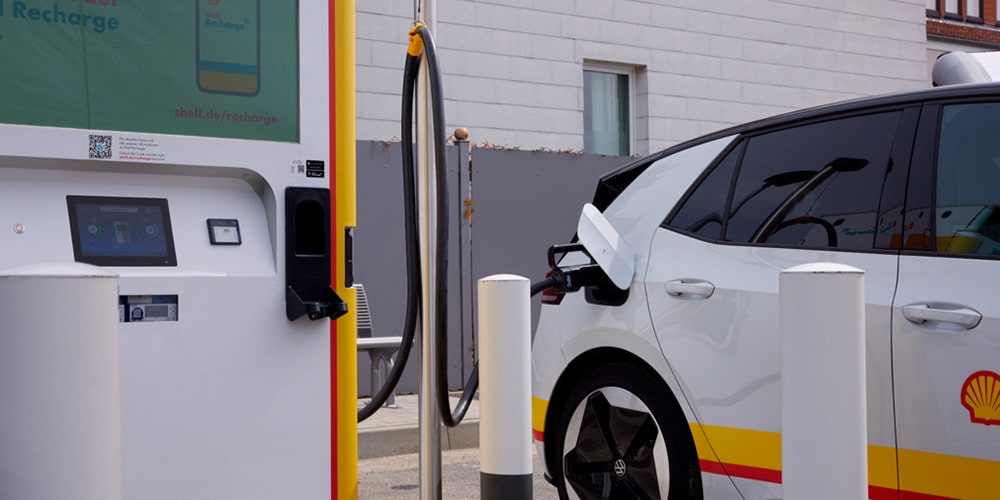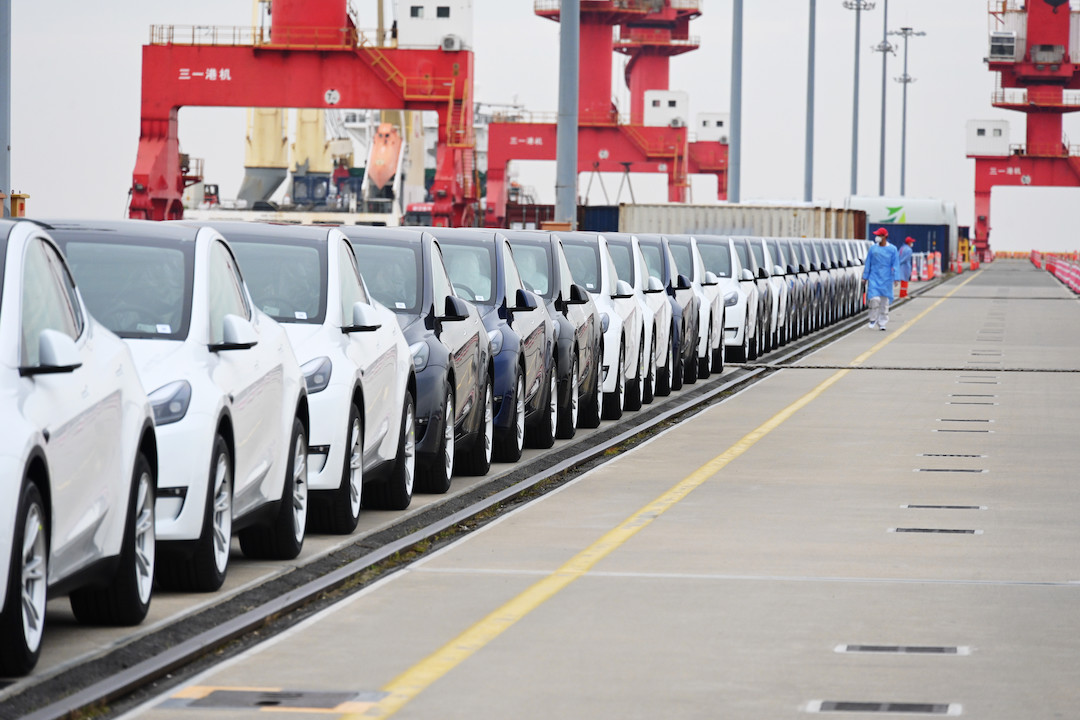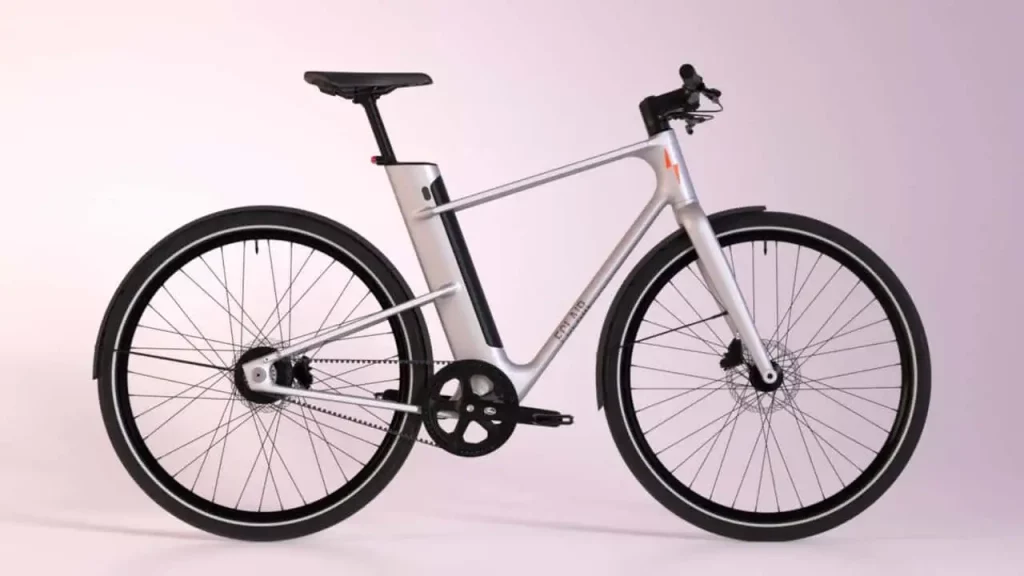While governments globally invest in electric cars to promote environmental sustainability, the less-heralded e-bike industry is quietly contributing to a more rapid reduction in carbon emissions. E-bikes, being a more affordable and accessible mobility solution, are gaining popularity faster than electric cars, especially in regions where bikes and scooters have a strong cultural presence.
According to The Conversation, last year witnessed over 280 million electric mopeds, scooters, motorcycles, and three-wheelers in operation globally, surpassing the numbers of electric cars, buses, delivery vans, and trucks.
See also: Pegasus Launches Strong Evo 11 Lite E-Bike with Enhanced Features in the EU
The affordability and adaptability of e-bikes have led to their adoption in areas where traditional bikes and scooters are prevalent. This trend has already resulted in a significant reduction in oil demand, cutting about a million barrels per day, or roughly 1% of global demand – four times more than electric cars.
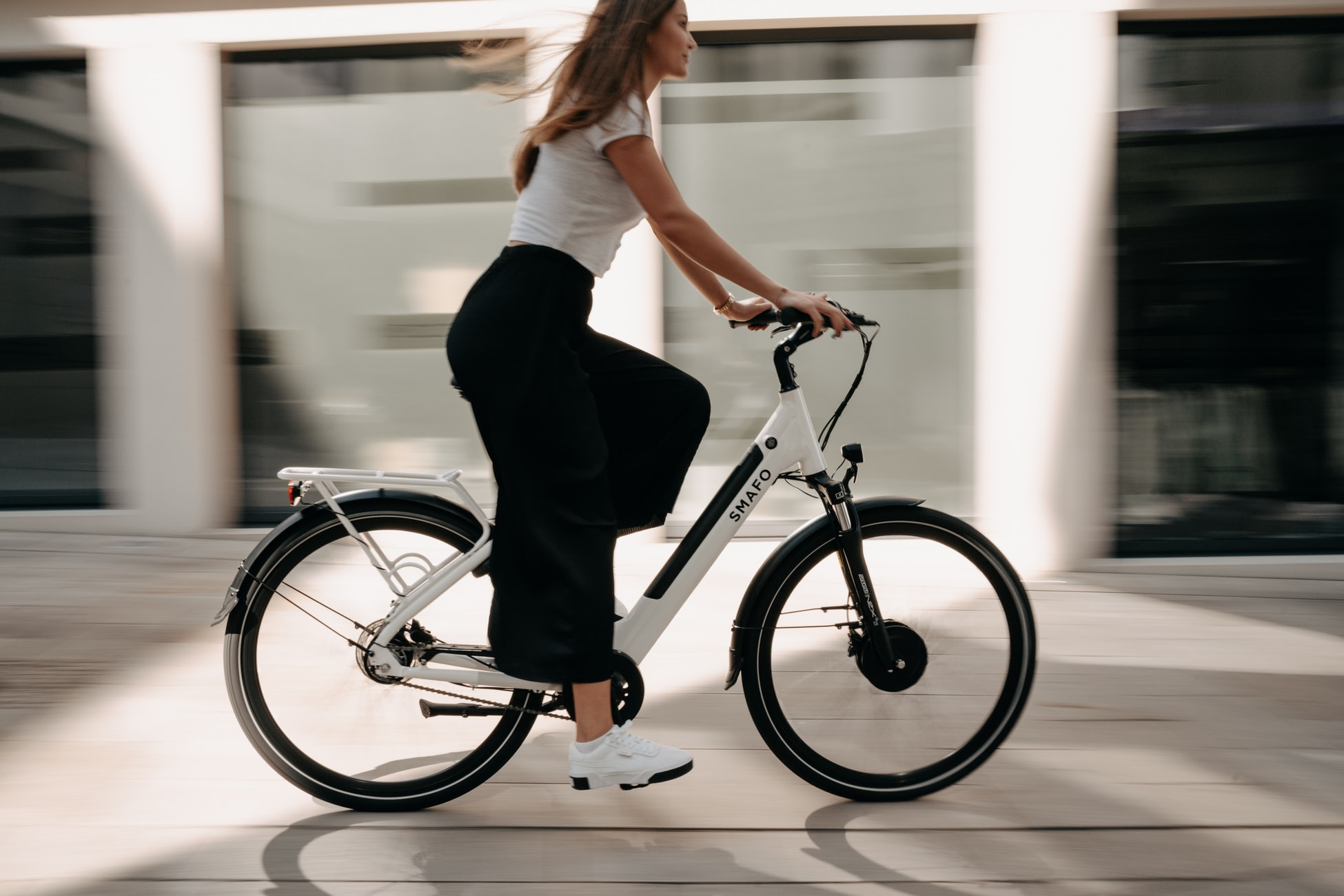
A study from the UCL Energy Institute indicates that e-scooter rides produce up to 45% less carbon dioxide than alternative modes of transport, offering a promising avenue for reducing urban emissions. In the United States, researchers estimate that if e-bike journeys constituted 11% of all vehicle trips, transportation-related emissions could decrease by approximately 7%.
See also: MV Agusta Expands E-Bike Portfolio with Stylish Cortina Edizione Limitata
E-bikes also present an opportunity for greener commuting in wealthier nations like the U.S., where 60% of car trips are less than 6.2 miles. The adaptable nature of e-bikes provides an eco-friendly alternative for short-distance travel without necessitating the complete elimination of traditional internal combustion engine vehicles.
While weather-related concerns and individual preferences might limit the universal applicability of e-bikes, their success in various regions worldwide suggests a potential shift in perspective for North Americans regarding their reliance on traditional cars.
